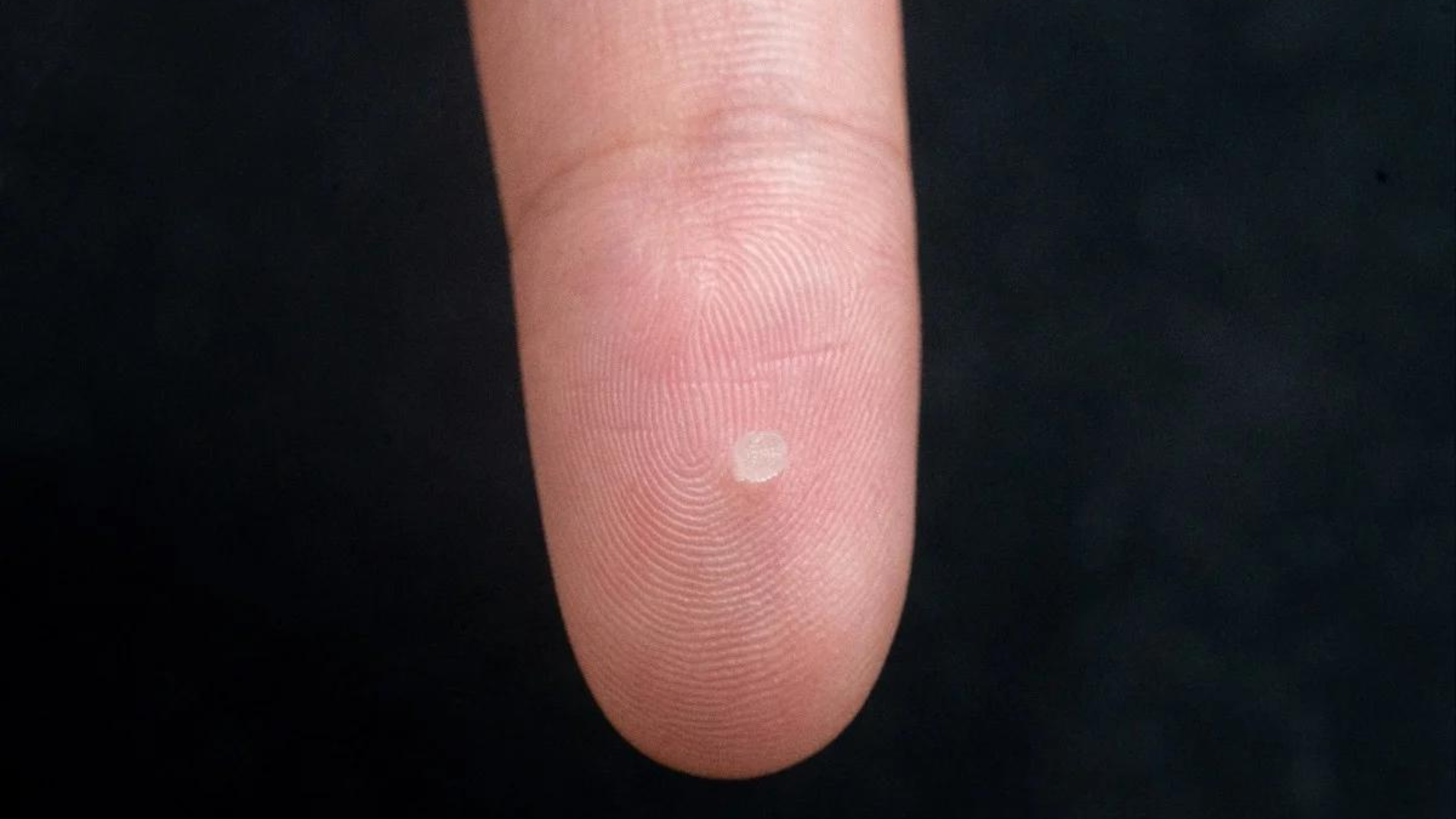Chinese scientists have developed a groundbreaking wireless, hydrogel-based sensor, the size of a sesame seed, that could revolutionize the monitoring of patients with brain injuries or cancer. This innovative sensor, detailed in a Nature paper on June 5, is biodegradable and can be injected into the brain to measure vital parameters such as temperature, pH, intracranial pressure, and blood flow using an external ultrasound probe.
The research team, led by Professor Zang Jianfeng from Huazhong University of Science and Technology, highlights the sensor’s advantages in size, signal decoupling, and biodegradability compared to existing wireless implantable sensors. “The injectable metagel ultrasound sensor we invented uses advanced acoustic metamaterial technology and is only 2x2x2 cubic millimetres in size, just like a sesame seed,” said Zang, as reported by South China Morning Post. This sensor can wirelessly monitor physiological changes through an external ultrasound probe.
Sensors remained stable in brain for a month during trials
In trials with rats and pigs, the sensor remained stable in the brain for up to a month and completely degraded after four months. This wireless, biodegradable design eliminates the need for additional surgeries to remove the sensors, reducing the risk of infection from wired clinical probes that require openings in the skin.
Despite progress in wireless sensor technology, challenges such as implant size, biocompatibility, and communication range have persisted. The Chinese team addressed these issues by designing a small, injectable sensor that naturally degrades in the body over time. The metagel sensor, implanted with a puncture needle, deforms in response to physiological changes, causing shifts in reflected ultrasound wave frequencies that can be measured by an external probe.
The sensor can independently measure specific parameters like temperature or pH based on its material composition, and multiple gels can be inserted simultaneously to monitor different parameters. During tests, the metagel outperformed traditional clinical probes in pressure resolution and time accuracy and registered temperature changes comparable to commercial wired probes. Additionally, it successfully detected traumatic brain injury in rats and captured precise pressure changes in pigs, surpassing clinical probes in accuracy and resolution.
While the metagel sensors start to degrade after five weeks, they can be designed to last longer if necessary. Professor Zang emphasized the potential clinical benefits of the sensor, stating that it could significantly reduce patient discomfort and contribute to improved health outcomes. The research team plans to collaborate with clinicians to integrate their sensor into clinical practice.























